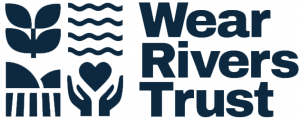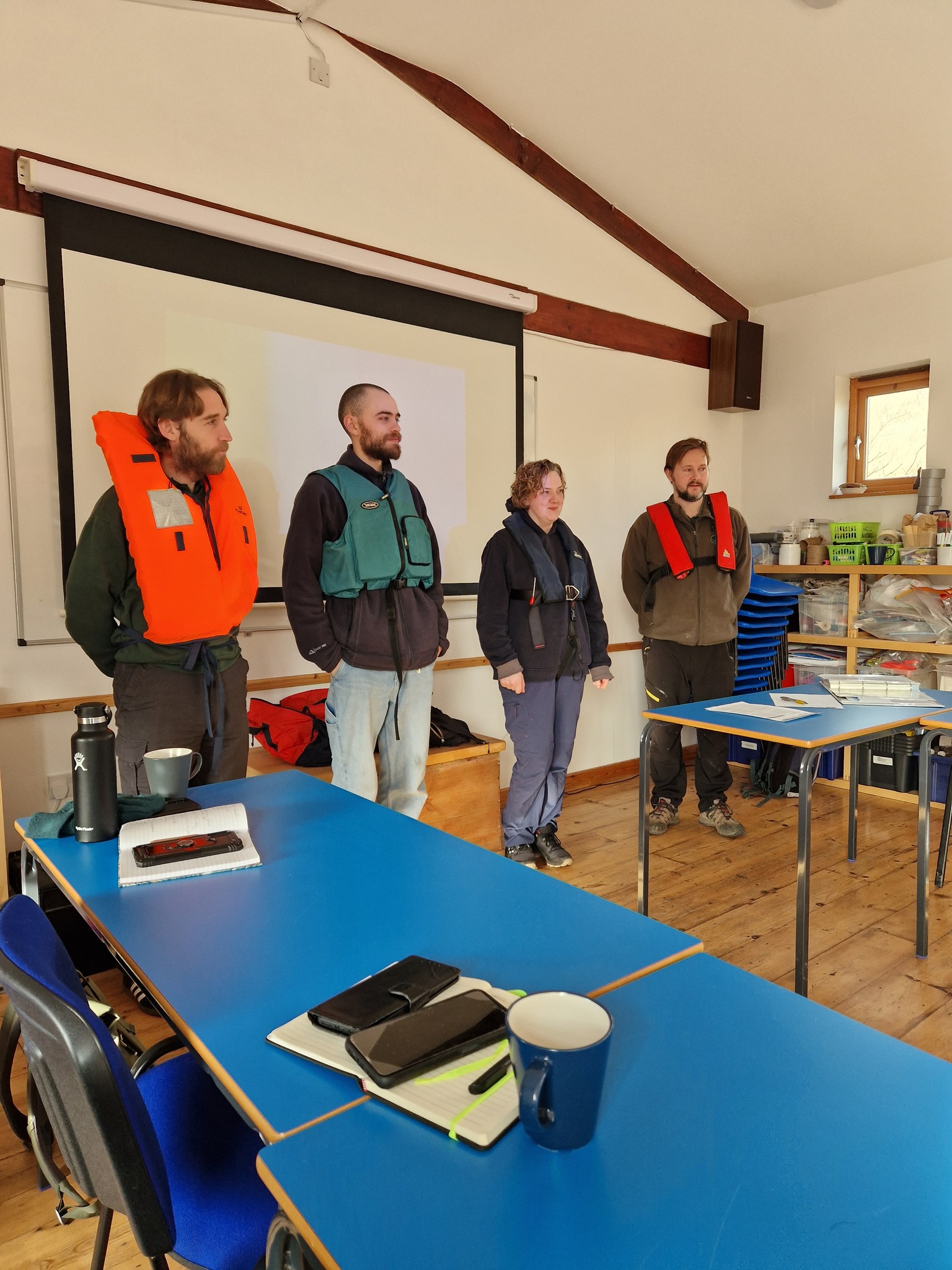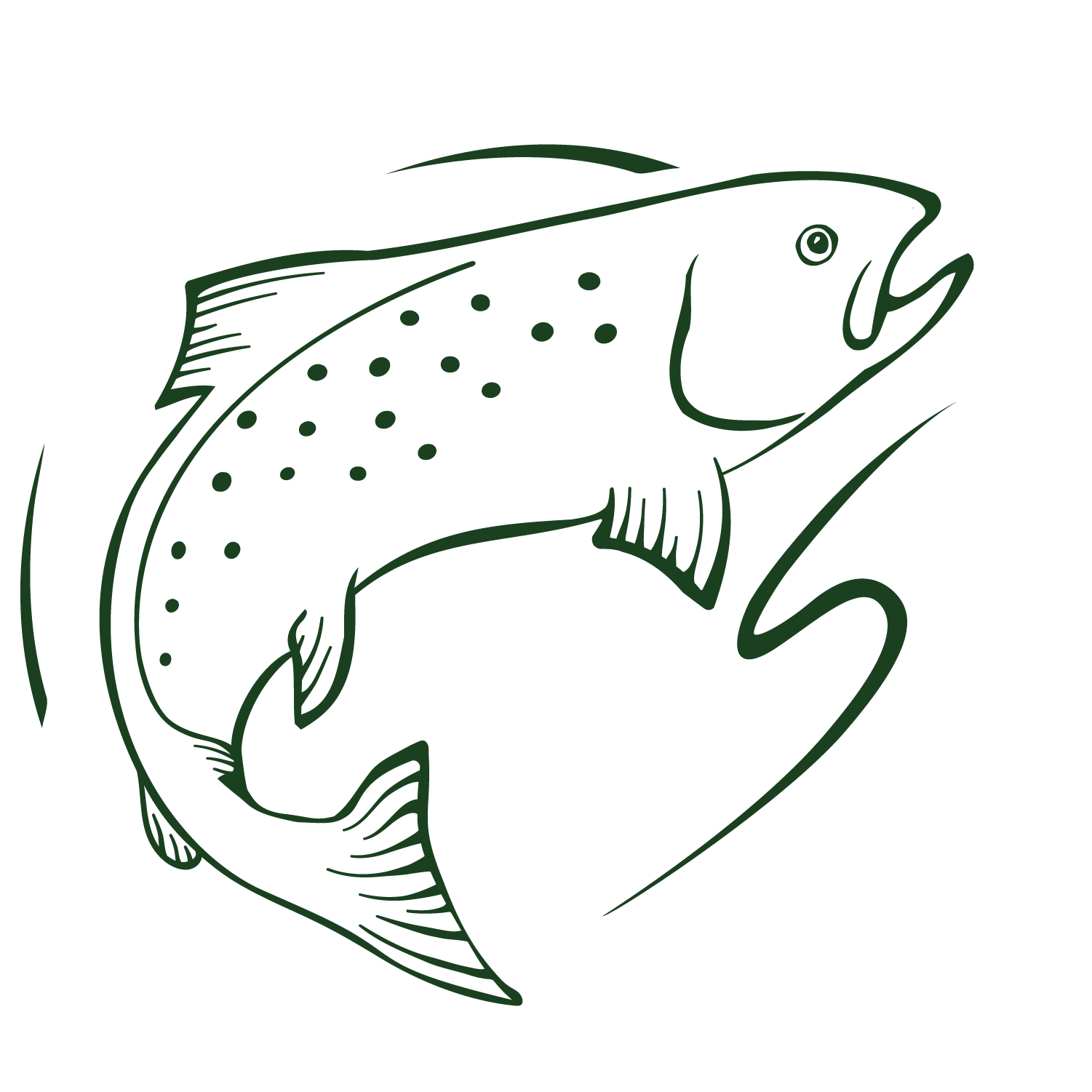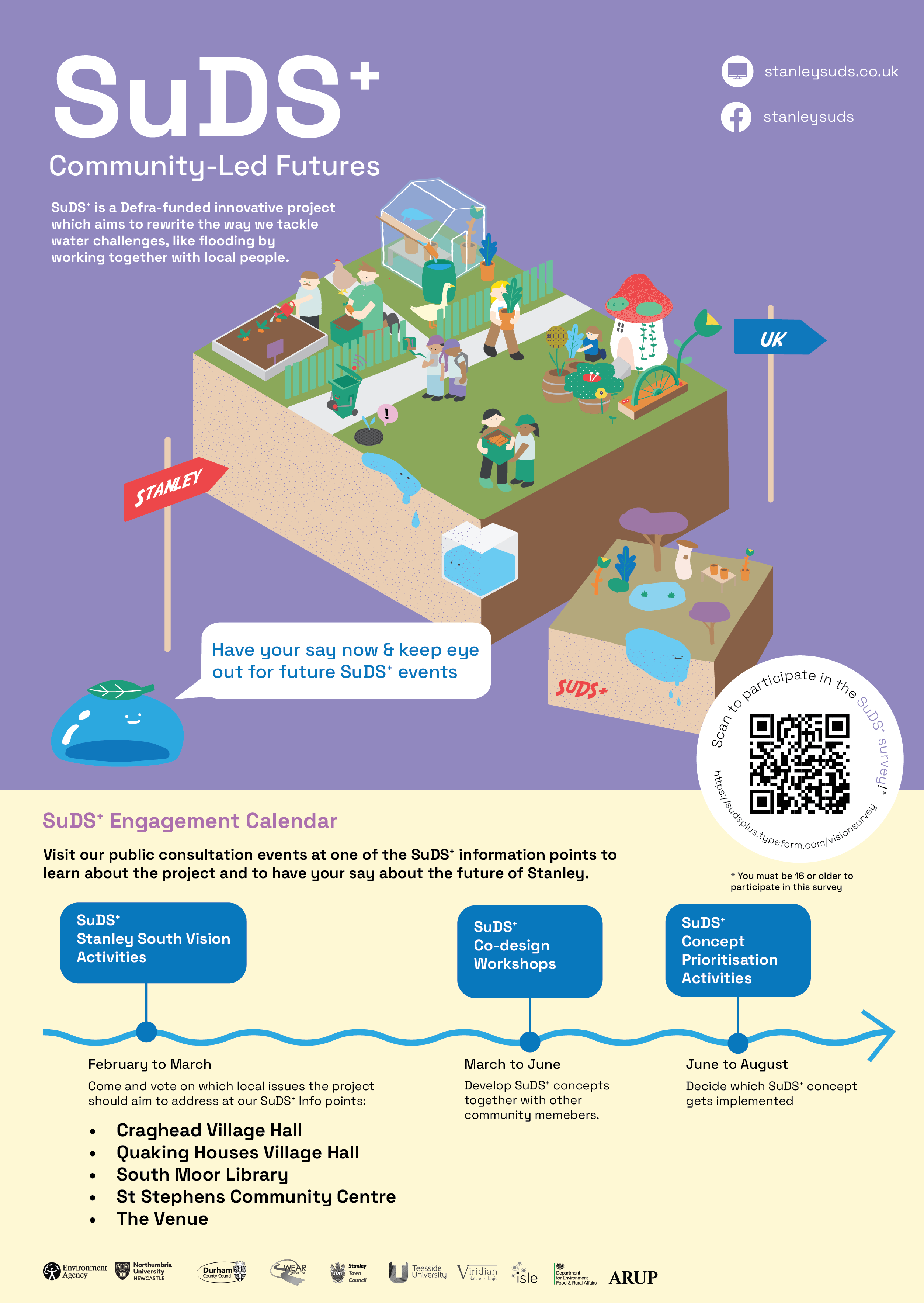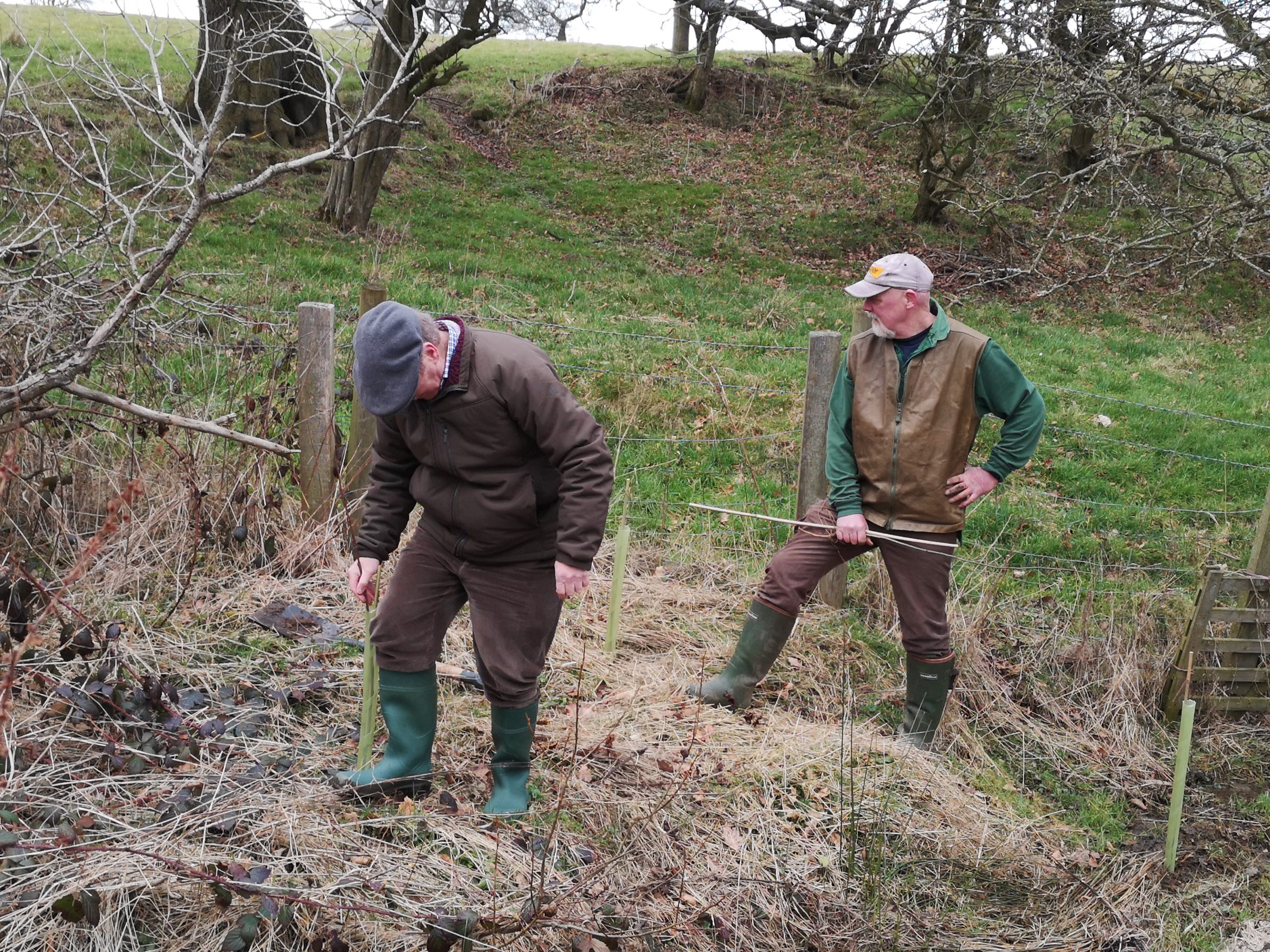After dispiriting news on the state of UK’s rivers last week, the Rivers Trust CEO Mark Lloyd looks to lift our spirits for World Rivers Day by highlighting some of the wonders that can still be found in our waterways. But, he warns that we need much more ambition if we’re going to spearhead the green recovery and rebuilding after COVID-19 that is urgently needed.
In recent weeks, we have seen several newspieces which make uneasy ready for nature lovers, especially for those passionate about protecting freshwater habitats. The WWF’s Living Planet Report showed the continuing decline of wildlife globally, with the biggest losses to freshwater ecosystems; the Environment Agency released new water quality data showing us that 0% of English rivers are in good overall health; and Sir David Attenborough’s latest documentary “Extinction: The Facts” gave a stark warning that extreme biodiversity loss places us at risk of further deadly global pandemics.
The good news is that we know what to do and we even know how to do it. In the past year, the Rivers Trust movement has led the way in delivering effective nature-based solutions, from new fish passages in the Severn and Don catchments unlocking our waterways for migratory salmon, to constructing wetlands to improve water management in urban areas. Our map of sewage overflow discharges throughout England has brought together data from numerous sources to make them available, free of charge, to everyone. This is linked to a significant surge in interest in introducing designated bathing water standards in UK rivers following the launch of our Together for Rivers campaign, with the River Wharfe in Ilkley vying to be the first site to achieve this.
Despite all this great work at a local and catchment scale, our rivers are as unhealthy as they were 3 years ago. If we are to turn things around, it is imperative to keep collecting good, clear data on the health of our rivers. We also need an honest conversation at a national scale about the really big decisions that need to be taken, such as whether we are prepared to invest HS2-equivalent sums to modernise our drainage and sewerage system; what public goods we should expect in return for farm subsidies; and how polluters are going to be properly regulated so that their actions don’t heap costs onto the rest of society.
Finally, we need to dramatically improve public understanding of the water system so that we massively reduce the impact of chemicals washed down drains, the profligate waste of high quality drinking water, the sanitary products flushed down toilets, the misconnections of washing machines and dishwashers, and the poorly-performing septic tanks that collectively cause huge environmental damage.
As Sir David Attenborough said: “What happens next, is up to every one of us.”
